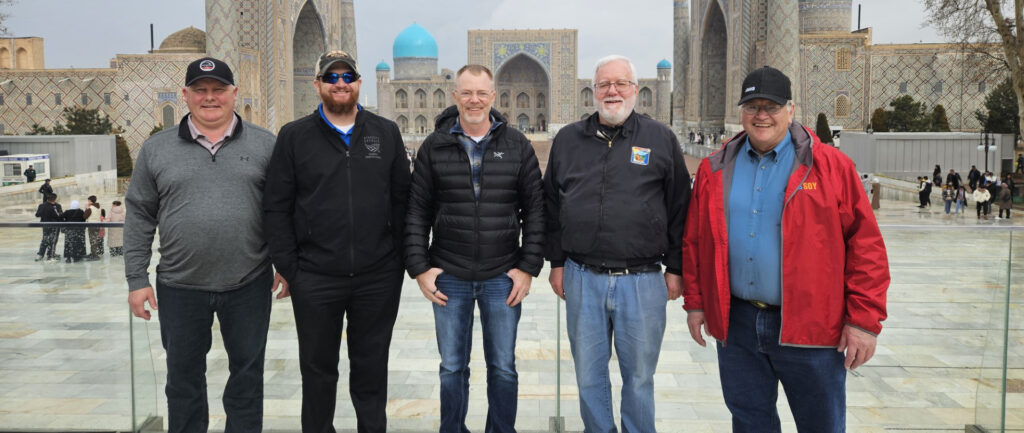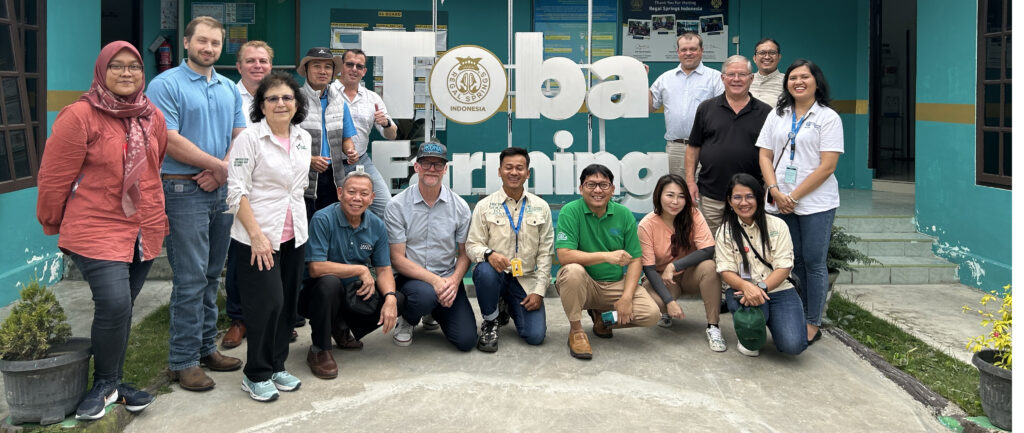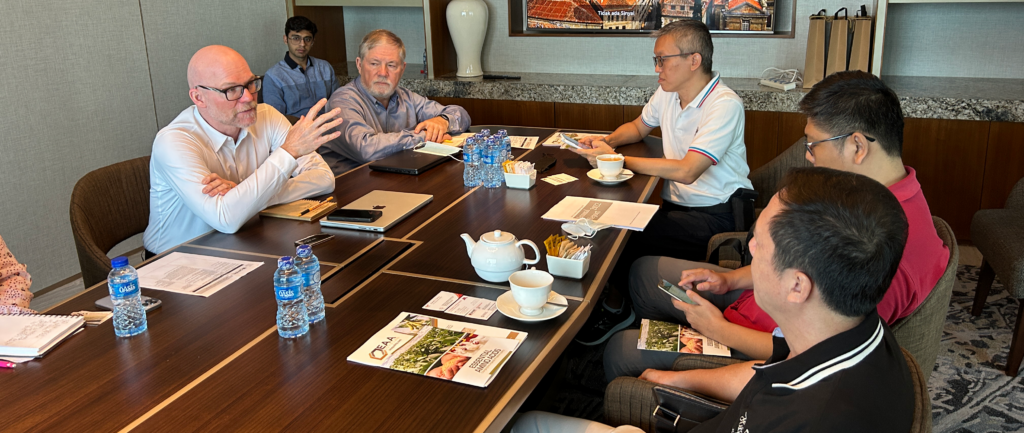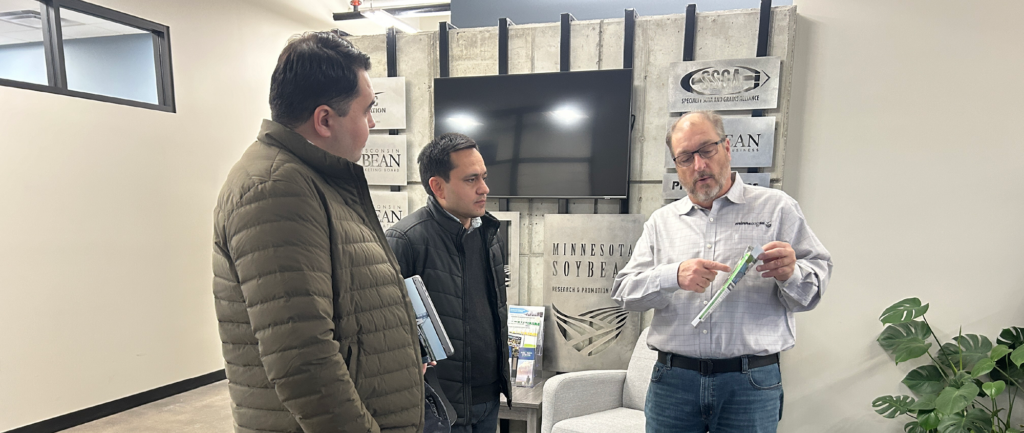Minnesota continues to be a leader in soybean production. The North Star State ranks third in commodity soybeans and first overall in specialty/food grade soybeans. The Specialty Soya and Grains Alliance (SSGA), in collaboration with the Minnesota Soybean Research & Promotion Council (MSR&PC), Qualified State Soybean Boards (QSSB) and the U.S. Soybean Export Council (USSEC) works to tackle trade barriers around the world.
“When it comes to trade barriers, the more people you have sharing the same concern, the more people will start to listen,” says Kim Nill, MSR&PC director of market development. “Working hand-in-hand to tackle these trade barriers provides our farmers with another avenue for soybeans exports.”
SSGA is a national alliance of companies focused on production, processing and shipping of specialty soya and grains worldwide and provides resources that communicate the quality, diversity and availability of their products. In early October, Wenberg testified at a U.S. Trade Representative (USTR) hearing, tackling a long-standing World Trade Organization (WTO)-contravening trade barrier focused on China’s lack of a formal low-level presence threshold, restricting imports of U.S. specialty and food type soybeans.
“A lack of low level presence laws of GMO mix in for food grade soybeans into China holds us back in those markets,” Wenberg says. “Most countries have adopted reasonable rules to permit thresholds above zero. Any zero level is not scientific.”
As a direct response, Wenberg will now represent the soy industry at the USDA’s Foreign Agriculture Service (FAS) Global LLP Initiative (GLI) meeting, where he’ll share his expertise on low-level presence (LLP) thresholds restricting soybean exports to other countries around the world and being the voice of America’s soybean farmers.
“Lack of low-level thresholds are a trade barrier in countries around the world,” Nill says. “Having someone at the table to represent the industry and bring light to the issues at hand will help farmers across the country.”
Formed in March 2012 in the wake of several high-profile international commodity export trade disruptions, the GLI works on international regulatory approval process/laws governing biotechnology-derived crops caused by the lack of LLP thresholds in many countries. Its member countries include: Argentina, Australia, Brazil, Canada, Chile, Costa Rica, Indonesia, Mexico, Paraguay, Philippines, Russia, South Africa, the United States, Uruguay and Vietnam.
“We are pleased at USTR’s and USDA’s interest in keeping up the pressure and being educated about these problems for farm exports,” says Wenberg. “This is a step in the right direction.”
Vietnam, a GLI member country, took longer than any other country to issue its required import-approval for the Corteva ENLIST ® soybean line. This is just one example illustrating the difficulty of the task facing the GLI.
“As the trade war lingers, the soy industry continues to come together to open up new markets for our farmers,” Nill says. “If we can work with our soy partners, such as SSGA, at the USTR, there is opportunities to increase our export market by creating commercially feasible low-level presence thresholds where needed to facilitate uninterrupted U.S. soy exports.”
Background
MSR&PC continues to share the trade concerns held by Minnesota’s soybean farmers. In December 2018, MSR&PC CEO Tom Slunecka testified before the USTR that a long standing internal mandate in Japan regarding how a minimum crude protein level in soymeal sold within Japan has created a non-tariff barrier to trade, which resulted in a meeting at the Japanese Embassy and now a formal trade agreement between the U.S. and Japan. In addition, MSR&PC submitted written testimony on India’s nonzero LLP threshold in its food GMO-labeling law, which has now struck talks between India and the U.S. to sign a “mini trade deal.”
The Minnesota Soybean Growers Association (MSGA) has also been active in attempts to gain greater market access to Japan. In March, MSGA leaders, including President Jamie Beyer, met with officials at the Japanese Embassy in Washington, D.C.







